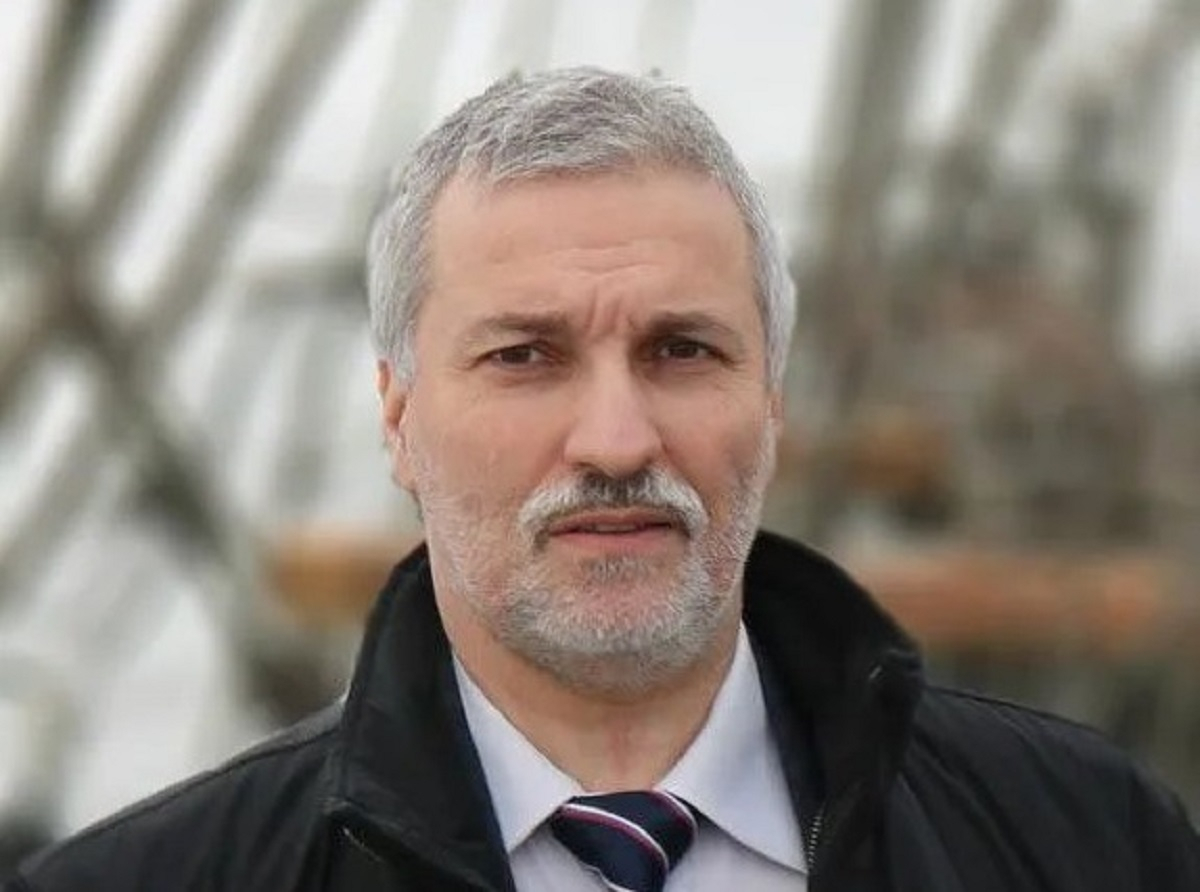St Petersburg University expert is mentor of absolute champions of the Astronomy Olympiad
For the third time in a row, schoolchildren from Russia have become absolute winners of the Open World Astronomy Olympiad (OWAO). The team won six gold medals, beating participants from 20 countries in the number of points scored. The young researchers were prepared for the competition by Boris Eskin, Assistant Professor in the Department of Celestial Mechanics at the Mathematics and Mechanics Faculty at St Petersburg University.

The Olympiad includes four rounds: observational, practical, theoretical and test ones. Students in mathematics have to solve tasks of varying complexity in astronomy and the starry sky. There is emphasis placed on practice. Schoolchildren conducted small-scale research projects using a computer. By analysing electronic tables or a data set, young researchers calculated the exact position of the Sun and determined the location of asteroids.
The successful completion of the proposed tasks was impossible without the hard work and passion of the schoolchildren for astronomy, said Boris Eskin.
The Open World Astronomy Olympiad (OWAO) has been held since 2022. It is a world-class competition that brings together schoolchildren from different countries. In 2024, it was held online and in-person and brought together representatives from Abkhazia, Armenia, Bangladesh, Belarus, Bulgaria, Venezuela, Egypt, Zimbabwe, Qatar, Kyrgyzstan, Cuba, Mongolia, Nicaragua, Pakistan, Peru, Russia, Tajikistan, Turkmenistan, Uzbekistan, and Ethiopia.
"The Olympiad is a big professional sport that requires colossal knowledge of the subject. There were cases when scientific articles, in their simplified versions, were offered as practical and even theoretical tasks," explained Boris Eskin.
Since 2004, he has been heading the training sessions of the Russian team, which annually takes prize places in all-Russian and international Olympiads in astronomy and astrophysics. Becoming a member of the team is not an easy task. You have to undergo internal selection to become a member of the team and there is an impressive number of students from the strongest Russian schools.
"To get into the team, you need to love not only astronomy, but also physics, mathematics, chemistry, biology, geography, and English. You also should participate in all kinds of astronomy Olympiads. In this case, you have a chance," said Boris Eskin.
The coaching staff of the Russian national team in astronomy and astrophysics is formed by the Ministry of Education of the Russian Federation. It includes educators and methodologists of higher education institutions, schools and institutions of additional professional education. Among them are employees and graduates of St Petersburg University: Angelina Veselova, Assistant Lecturer in the Department of Celestial Mechanics at St Petersburg University, and Mariia Volobueva, a teacher of additional education at Presidential Physics and Mathematics Lyceum No 239.
Preparation for the competitions is well underway. There are winter, summer, and training sessions and midterm tests for schoolchildren. Under the guidance of four teachers of the national team’s coaching staff, the participants reach a new level of understanding astronomy and mastering the skill of non-standard thinking. According to Boris Eskin, this approach ensures that the Russian team maintains a high level in the world rankings.

